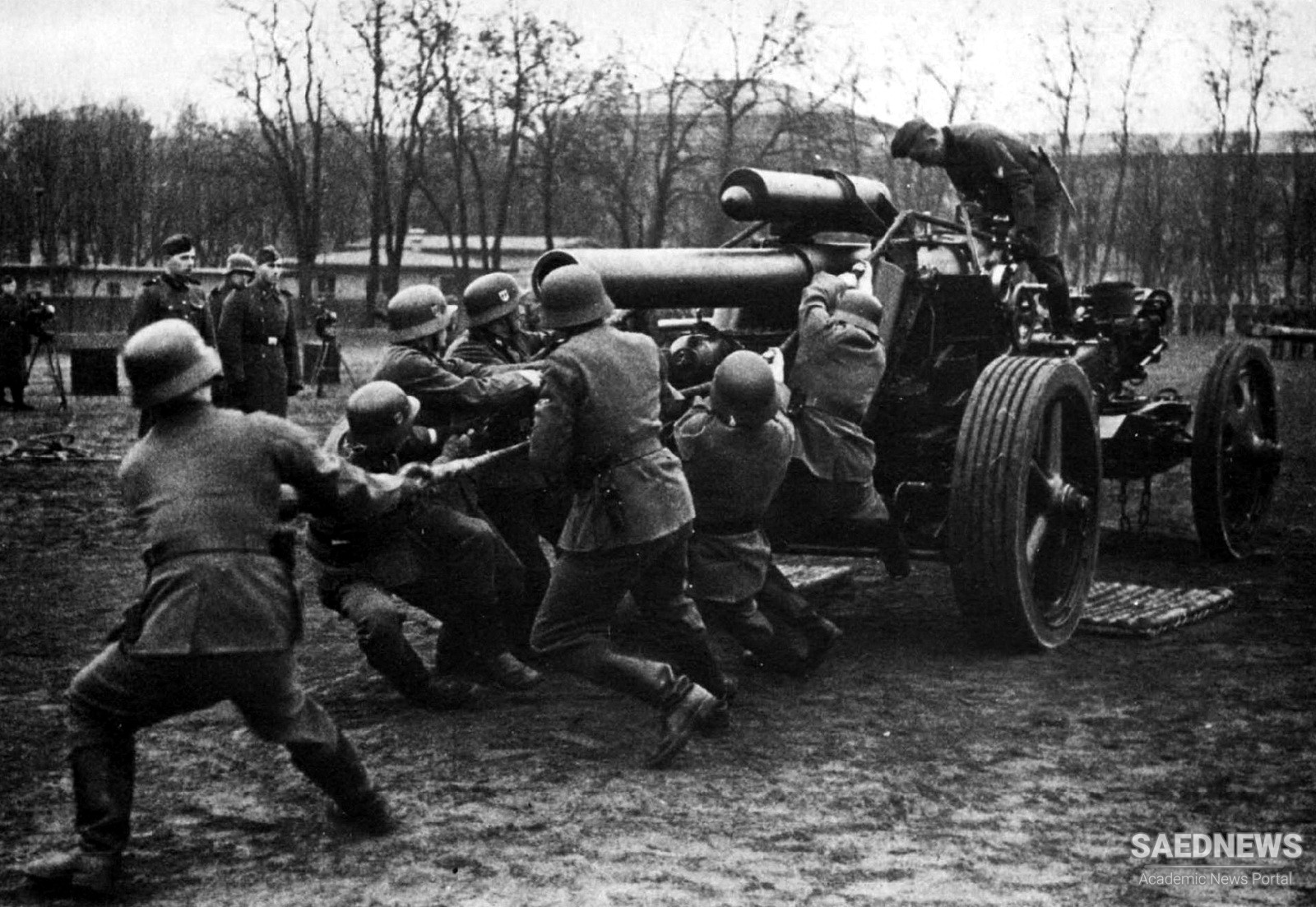From the beginning of the Second World War it was taken for granted in most countries that a new international organisation would be required at its end. There was little disposition to revive the League, whose manifest failures were so universally deplored, and which was anyway already almost defunct by the time the war began (though it still maintained a lameduck existence in Geneva). A new organisation would symbolise the birth of a new world, in which peace would now at last be more effectively safeguarded. In the early years of the war, however, there was little time to consider the form a new organisation would take, or even the principles on which it would be based. Statesmen were far too busy fighting the existing conflict to think about the means of preventing those of the future. This did not prevent a few grandiloquent references to the new world that was to come. The Atlantic Charter, issued on 14 August 1941, spoke of the creation of a 'wider and permanent system of general security', which would 'afford to all nations the means of dwelling in safety within their own boundaries' at the war's end. On 1 January 1942, the twenty-six states which after the entry of the United States and other countries into the war had established the alliance against the Axis, reaffirmed this declaration and now named themselves the United Nations. And the speeches of statesmen increasingly frequently referred in general terms to the new world order to be created at the war's conclusion.


 Global Aggression and Growing Sense of Necessity of Collective Security
Global Aggression and Growing Sense of Necessity of Collective Security














































